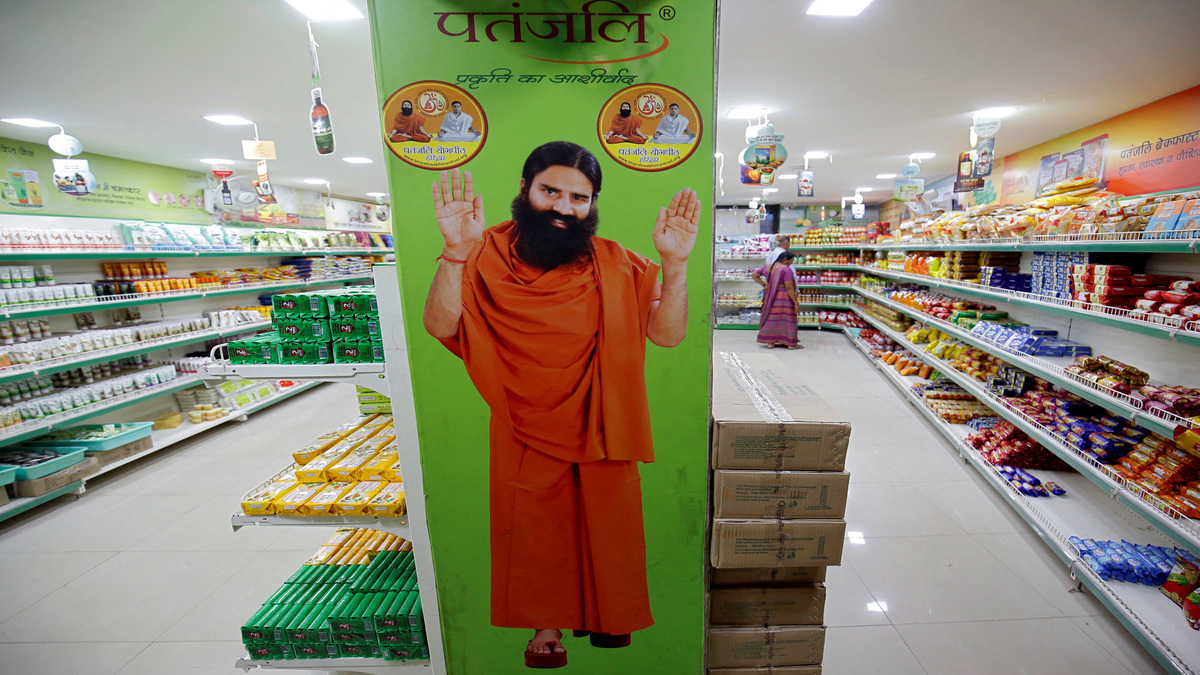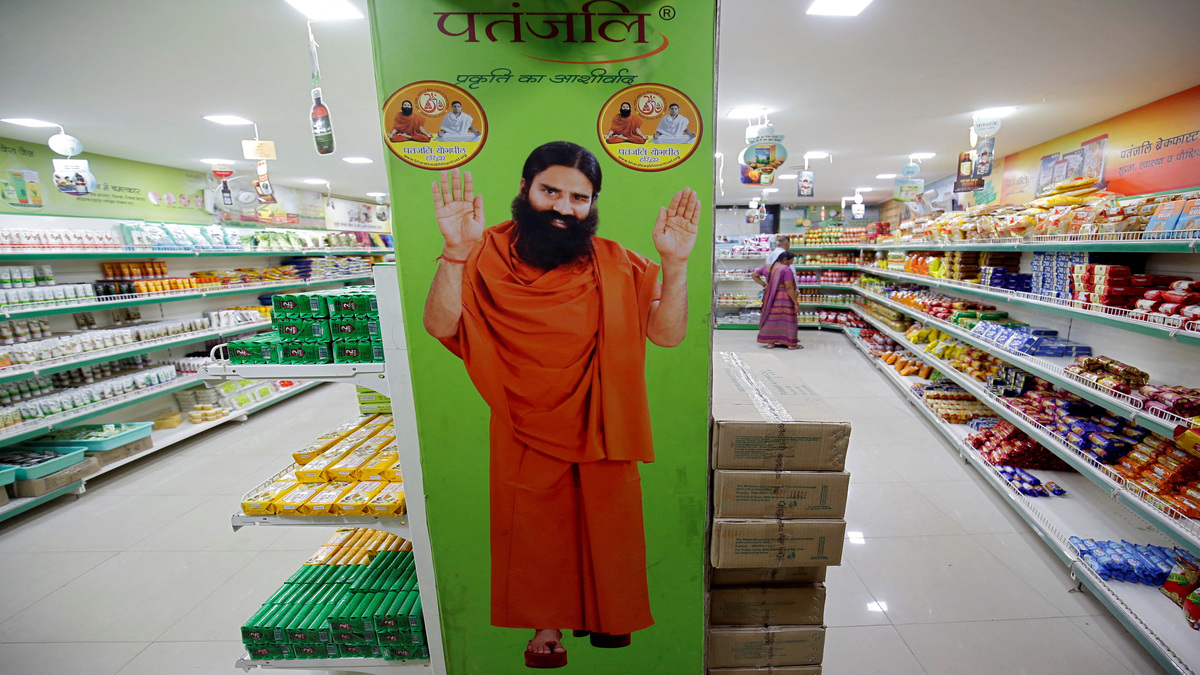New Delhi: The Supreme Court today refused to frame guidelines across the board for reporting sub-judice matters but laid down a constitutional principle under which aggrieved parties can seek postponement of publication of court hearings.
A five-judge bench headed by Chief Justice SH Kapadia said it was laying down the constitutional principle which will allow the aggrieved parties to seek from appropriate court the postponement of the publication of court hearings.
The bench said the concerned court will decide the question of postponement of reporting court proceedings on case-by-case basis.
“We are not framing guidelines but we have laid down constitutional principle and appropriate writ courts will decide when the postponement order has to be passed on case-by-case basis,” the bench also comprising justices D K Jain, SS Nijjar, Ranjana Prakash Desai and JS Khehar said.
“Hence, guidelines on media reporting cannot be framed across the board,” the bench said.
While propounding the doctrine of postponement of publication of court proceedings, the bench said it is a preventive measure and not a prohibitive and punitive measure.
It further said that temporary ban on publication of court proceedings is necessary to maintain balance between freedom of speech and fair trial for proper administration of justice.
The bench said the postponement of publication of court proceedings would be required where there is a substantial risk of prejudicing the trial and administration of justice.
Further the CJI, who read the judgement, said reasonable restrictions on reporting of court proceedings were needed for societal interest and this doctrine of postponement is one of “neutralising technique”.
The apex court has undertaken the exercise of framing guidelines after receiving complaints of breach of confidentiality during the hearing of a dispute between Sahara Group and market regulator SEBI.
The issue of breach of confidentiality came up when certain documents regarding the dispute between Sahara and SEBI were leaked to the media.


)




)
)
)
)
)
)
)
)